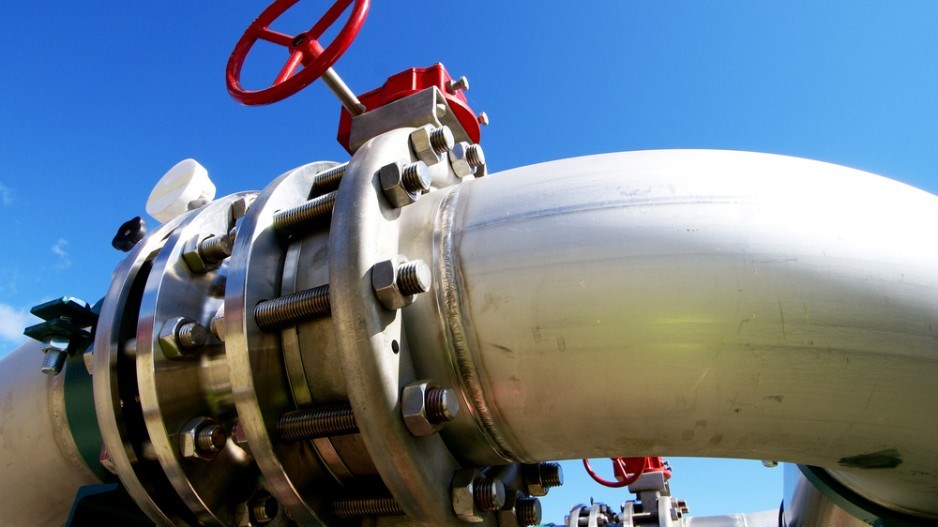Transporting oil by pipeline poses fewer safety risks and is less likely to lead to spill incidents than by road or rail, according to a Fraser Institute study released October 15.
Intermodal Safety in the Transport of Oil found that the rate of injury requiring hospitalization was 30 times lower among pipeline workers when compared with those workers involved in the transport of oil by railroad. Road transport workers had an injury rate that was 37 times higher than pipeline workers.
"Worker safety is an important dimension of the overall equation that tends to be overlooked in the discussion of pipelines such as Keystone XL," said study co-author Kenneth P. Green, Fraser Institute senior director of natural resources studies.
Pipeline transport was also found to have the lowest chance of a spill, with 0.6 incidents per billion ton miles of oil transported per year. Road transport had almost 20 incidents per billion ton miles, while rail transport had over 2 incidents per billion ton miles.
"When you have more moving parts, more potential interactions with other non-controlled actors such as trains and trucks, the potential for accidents is higher when compared with pipelines," Green said.
"It's not a completely simple comparison. When you have a pipeline spill the release volumes are higher than for a truck or train incident. But with road and rail you have risk of more incidents in more places, so the overall question of environmental protection becomes unclear."
The study found that resistance to pipeline expansion is putting more pressure on road and rail systems, as oil production is outpacing pipeline capacity.
"People's unfortunate tendency to boil complicated issues down to simple black-or-white equivalencies interferes with their ability to really understand the trade-offs involved in the choice to move oil by pipeline, rail, train, and so on," Green said.
The report argues that supervision of the different modes of oil transport is the responsibility of different agencies that may or may not coordinate how they are handled.
"Canada is poised to dramatically increase production of bitumen from oil sand deposits in Western Canada. For Canada to realize the massive economic benefits from the development of those oil sands, the transport conundrum must be solved."
The complete study can be found here.




